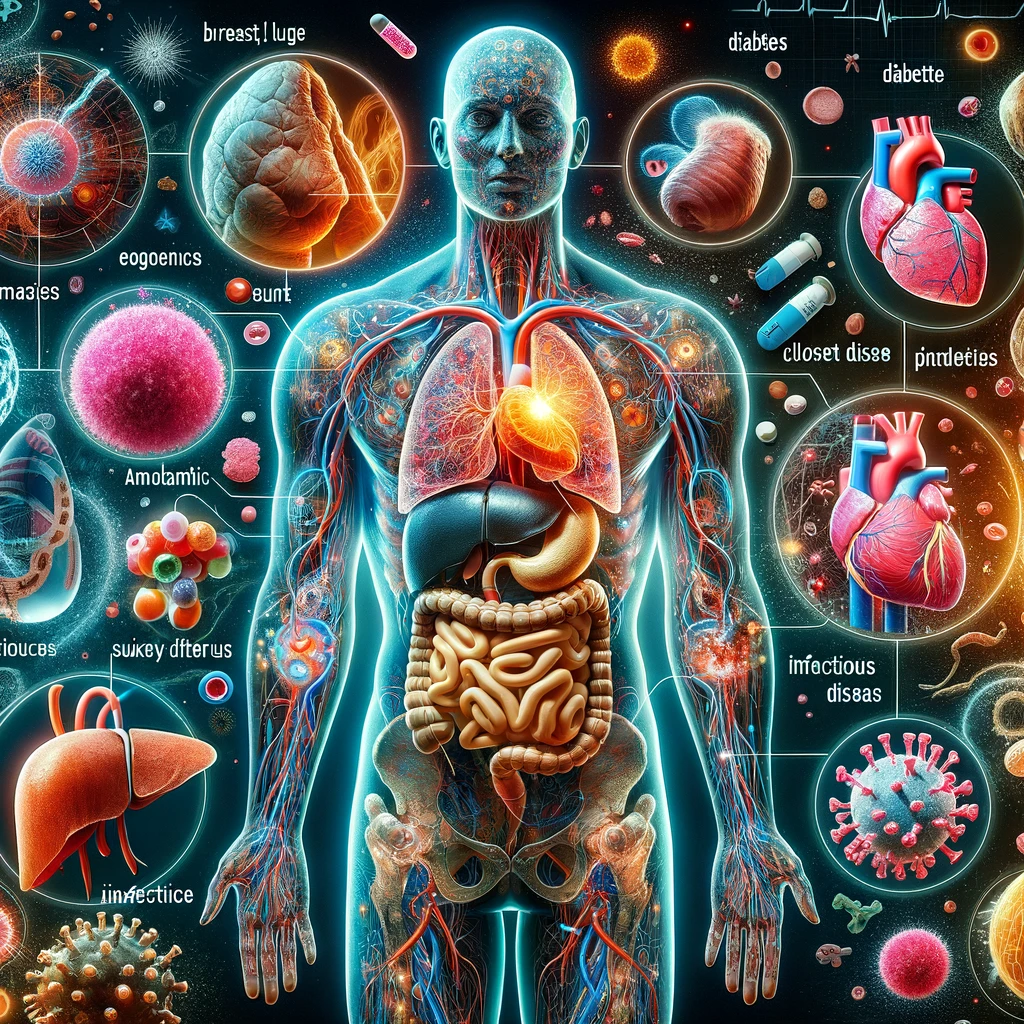
PAHO Sends Lifesaving Medical Supplies to Haiti Amid Growing Humanitarian Crisis
In response to Haiti’s deepening humanitarian crisis, the Pan American Health Organization (PAHO/WHO) delivered nearly three tons of essential medicines and health supplies to the country on Monday, reinforcing its commitment to supporting communities caught in the country’s ongoing emergency.
The shipment, sent from PAHO’s Strategic Reserve in Panama, includes vital medical supplies such as surgical kits for trauma care, syringes, emergency medical backpacks, personal protective equipment (PPE) for healthcare workers, and general medical items to meet urgent health needs. The aid also supports disease surveillance efforts, with cold chain storage for lab and diagnostic materials targeting COVID-19, Influenza A/B, Dengue, and HIV.
This latest delivery is part of a broader effort by PAHO to maintain medical support in Haiti, especially as violence and insecurity have disrupted access to ports and airports. Since the beginning of 2024, PAHO has managed to deliver a total of 254 tons of medical supplies to the country, thanks to its collaboration with the Haitian Ministry of Public Health and Population and humanitarian agencies on the ground.
“Increasing violence, including blockades at ports and airports, has hampered the health sector's ability to deliver aid to the communities that need it most,” said Dr. Oscar Barreneche, PAHO/WHO Representative in Haiti. “These humanitarian shipments coordinated by PAHO have been a lifeline in supporting both emergency care and ongoing health services for Haitians.”
The success of the operation was made possible through PAHO’s coordination with the Haiti Logistics Cluster, the United Nations Humanitarian Response Depot in Panama, and the World Food Programme (WFP), which helped transport and distribute the supplies.
Healthcare System on the Brink
Haiti’s healthcare system is facing unprecedented strain, particularly in the Port-au-Prince metropolitan area, where gang violence and insecurity have led to a near-collapse in services. According to PAHO, only 42% of health facilities in the area are fully operational, while 16% are partially functional and 42% have shut down entirely.
The crisis has also triggered a massive wave of internal displacement. As of December 2023, more than one million people had fled their homes—three times more than the previous year—according to the International Organization for Migration (IOM). Many now live in overcrowded, unsanitary conditions in internally displaced persons (IDP) camps, where the lack of clean water, sanitation, and healthcare significantly increases the risk of disease outbreaks.
A Race Against Time
Despite the growing challenges, PAHO continues to work hand-in-hand with Haitian authorities and international partners to ensure that essential medical services remain accessible to the population. The organization has remained steadfast in its efforts to equip health workers, restore damaged healthcare infrastructure, and prevent a total collapse of health services in the country.
“PAHO’s support is helping ensure that health professionals in Haiti can continue their critical mission—saving lives and protecting the health of vulnerable communities,” the organization stated.
As the crisis continues to unfold, sustained international support and coordinated humanitarian action will be crucial to ensuring that Haiti’s health system does not fall into irreversible collapse—and that its people can access the care they urgently need.